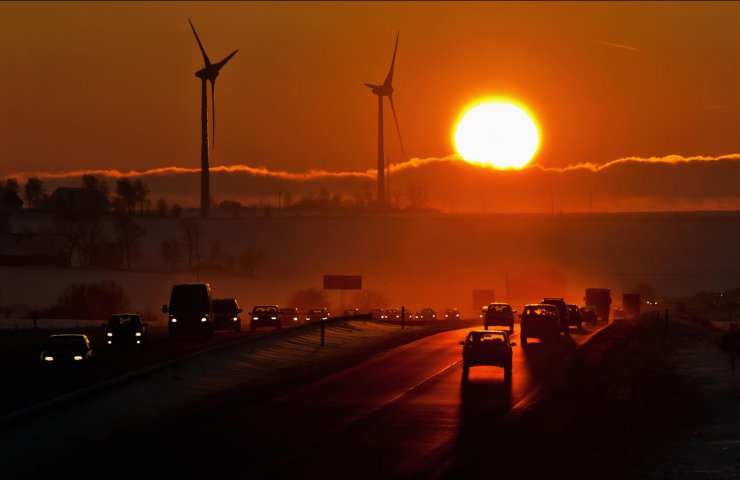the World is going to miss the chance to prevent climate catastrophe without immediate reduction of emissions caused by burning fossil fuels, the UN said Tuesday in its annual assessment of the impact of greenhouse gases on the Earth's climate.
Programme United Nations environment programme said that global emissions would need to decline by 7.6% each year until 2030 to limit global temperature rise to 1.5°C per year.
the Harsh reality is that greenhouse gas emissions grew on average by 1.5% annually in the last decade, reaching a record 55,3 billion tons of CO2 in 2018 - three years after the 195 countries signed the Paris agreement to combat climate change.
the Paris agreement obliged the country to limit the temperature increase above pre-industrial levels to "substantially below" 2°C and to a safer 1.5°C, if at all possible.
For this, they agreed on the need to reduce emissions and work towards a low-carbon world for decades.
However, the UN has said that despite all efforts, the world is sliding into a zone critical threat to humanity the global temperature rise of 3.5°C per year, which can lead to a climate catastrophe with apocalyptic consequences.
Even if each country fulfilled its commitments under the Treaty of Paris, there would be only a postponement from the new temperature rising in 10 years, the report said.
"We can't reduce greenhouse gas emissions," said Executive Director of UNEP, Inger Andersen. "Unless we take urgent action now and will make a very substantial reduction in global emissions, we will never reach the goal of 1.5°C".
Although the recommendations vary from country to country, the main direction is fully defined: to completely abandon coal, to significantly reduce oil and gas reserves and significantly increase the amount of renewable energy.
Meanwhile, the administration trump advised the UN earlier this month that the U.S. withdraws from the Treaty of Paris, and has taken steps to increase production of fossil fuels, including subsidies for technology to capture and store emissions of CO2 from power plants.
In General, in order to achieve at least stop the growth of greenhouse gas emissions, all countries must increase their contributions in the climate fight five times, says the UN report.
the UN has said that if we want to remain at the level of the global temperature rise to 1.5°C by 2030, emissions should be reduced to 55 percent - an unprecedented decline during sustained global growth of the world economy.
Climatologists are pessimistic, believing that rising energy consumption will cause insurmountable resistance to reducing emissions. Thus, summing up the UN goals to slow the warming of the atmosphere of the planet Earth will not be achieved in principle, and hope for slowing global warming, almost none.




